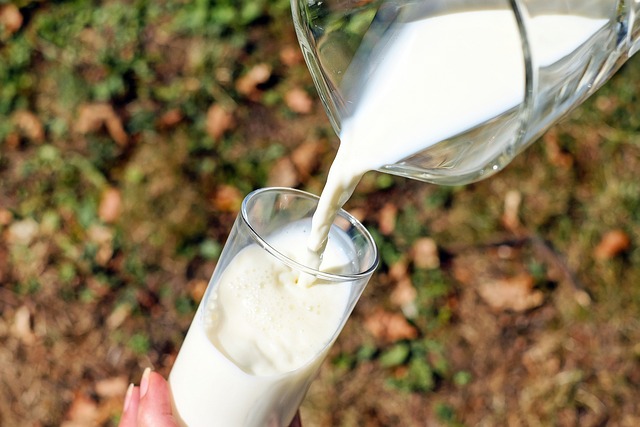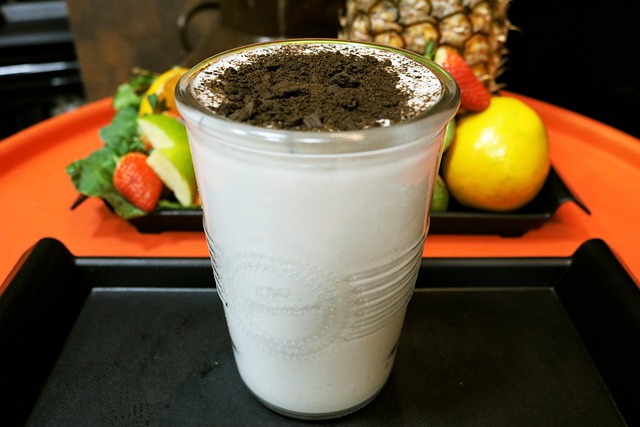Milk is a staple beverage that has been consumed for centuries, prized for its nutritional value and versatility. Packed with essential nutrients, milk offers numerous health benefits. However, with various options available in the market, it’s important to understand how to choose the best milk for your needs and how much is suitable for optimal health.
The Health Benefits of Milk
- Essential Nutrients: Milk is an excellent source of essential nutrients, including calcium, protein, vitamin D, vitamin B12, phosphorus, and potassium. These nutrients play vital roles in bone health, muscle function, energy metabolism, and overall well-being.
- Strong Bones and Teeth: Milk is renowned for its calcium content, which is crucial for building and maintaining strong bones and teeth. Adequate calcium intake throughout life, coupled with vitamin D from sunlight or fortified milk, can help prevent osteoporosis and promote bone health.
- Muscle Growth and Repair: The high-quality protein found in milk contains all essential amino acids, making it beneficial for muscle growth, repair, and maintenance. Protein is vital for overall growth and development, especially during childhood and adolescence.
- Hydration: Milk is composed primarily of water, making it a hydrating beverage option. Staying properly hydrated is essential for optimal bodily functions, maintaining fluid balance, and supporting overall health.
- Nutritional Support: Milk is often fortified with essential vitamins and minerals, including vitamin D, which aids calcium absorption, and vitamin B12, necessary for red blood cell production and nerve function. Fortification enhances the nutritional value of milk, particularly in cases where nutrient deficiencies may be a concern.
Choosing the Best Milk Option
- Consider Your Dietary Needs: Select the type of milk that aligns with your dietary preferences and needs. Options include whole milk, reduced-fat milk, skim milk, lactose-free milk, plant-based alternatives (such as almond, soy, or oat milk), and organic varieties. Consult a healthcare professional if you have specific dietary requirements or restrictions.
- Read Labels: When purchasing milk, read the labels carefully. Look for milk that is free from additives, artificial flavors, and excessive sugar content. Organic milk ensures that the cows were not treated with antibiotics or growth hormones.
- Freshness and Quality: Choose milk with a later expiration date and check for proper storage conditions in the store. Ensure that the milk is stored at the correct temperature once you bring it home to maintain its freshness and quality.
Consumption Guidelines
- Moderation is Key: While milk offers many benefits, moderation is essential. The recommended daily intake of milk varies depending on age, sex, and overall health. In general, adults can aim for 2-3 servings of milk or dairy alternatives per day, while children and adolescents may require more.
- Individual Tolerance: Some individuals may have lactose intolerance or sensitivities to dairy products. In such cases, lactose-free milk or plant-based alternatives can be suitable options. Consult a healthcare professional for guidance if you experience adverse reactions to milk consumption.
- Balanced Diet: Remember that milk should be part of a well-balanced diet. Incorporate other nutrient-dense foods such as fruits, vegetables, whole grains, lean proteins, and healthy fats for overall nutritional adequacy.
Milk offers a range of health benefits, providing essential nutrients for strong bones, muscle growth, hydration, and overall well-being. Choosing the right type of milk based on your dietary needs, reading labels, and ensuring freshness are crucial factors in optimizing milk selection. Remember to consume milk in moderation, considering individual tolerance and incorporating it into a balanced diet. By making informed choices and adhering to appropriate consumption guidelines, you can enjoy the nutritional advantages that milk has to offer as part of a healthy lifestyle.
Water, Milk and More
-

Are Plant-Based Protein Drinks Good Alternative to Milk?
With the rising popularity of plant-based diets and the growing awareness of environmental and health concerns associated with dairy consumption, plant-based protein drinks have emerged as a prominent alternative to traditional milk. Derived from various plant sources like soy, almond, pea, and hemp, these beverages are promoted for their nutritional content, ethical appeal, and environmental…
-

Why Herbal Teas and Which Are the Best for Wellness
-

Coconut Water vs. Sports Drinks: Which One is Better for You?
-

Drink Coconut Water for Max Hydration and Energy
-

How to Support Fluid Balance with Natural Diuretics
-

The Impact of Coffee on Hydration: Myths vs Facts
-

Symptoms of Dehydration and How to beat it









Leave a Reply